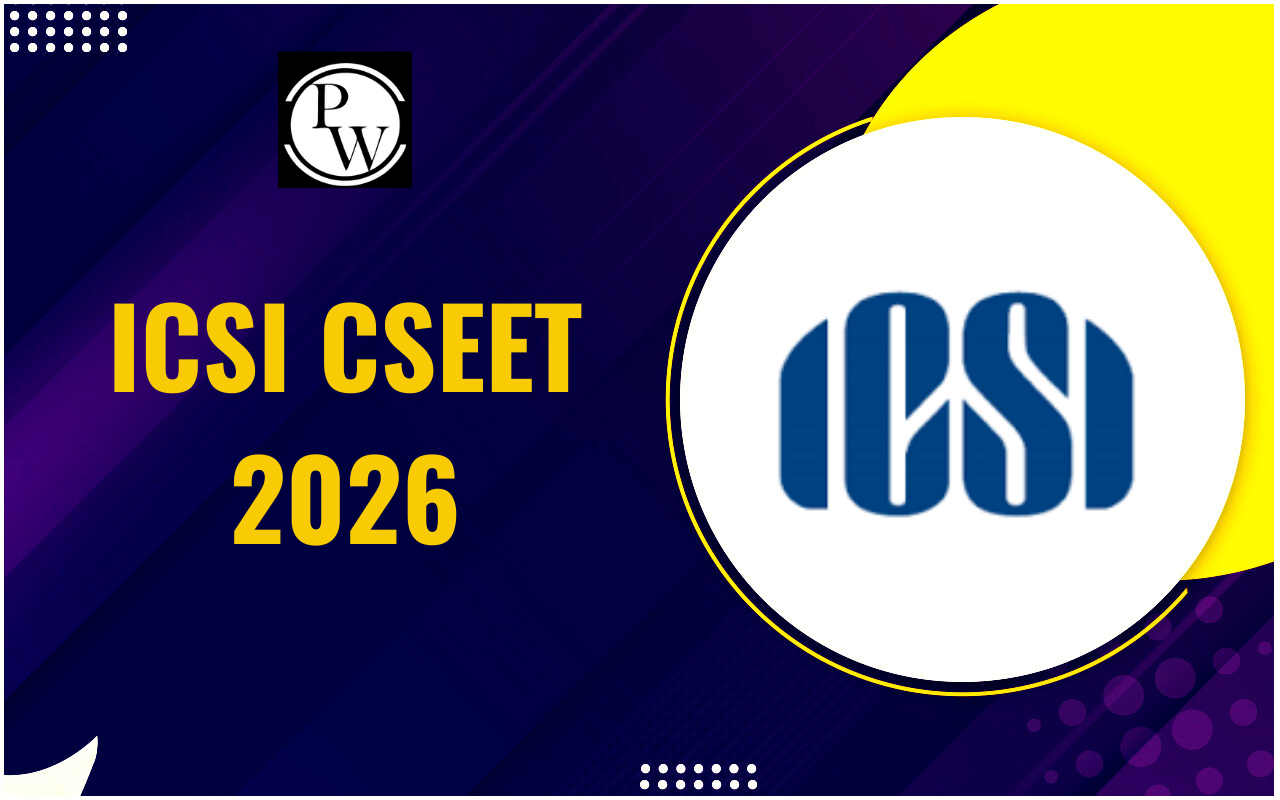
Overseas Direct investments help businesses grow by offering global opportunities in India. These investments provide access to better technology, research, more significant markets, and lower costs, strengthening Indian companies and increasing their brand value. They also boost foreign trade and technology transfer, which creates jobs and promotes growth in India. The article will discuss the concept of Overseas Direct Investment in detail.
Meaning of Overseas Direct Investment
"Overseas Direct Investment" (ODI) refers to the investment made by Indian residents in foreign companies through various methods. This can include acquiring unlisted shares of a foreign company, subscribing to shares as part of the company's memorandum of association, or investing in 10% or more of the equity capital of a listed foreign company. Additionally, it includes investments where the investor has control even if their shareholding is less than 10% of the listed company's equity capital. It's important to note that once an investment by an Indian resident in the equity capital of a foreign company is classified as ODI, it will remain categorized as ODI even if the investment level drops below 10% or if the investor loses control of the foreign company.What is The Meaning of Overseas Portfolio Investment?
Overseas Portfolio Investment" (OPI) means investing in foreign securities that are not considered ODI. It excludes investments in unlisted debt instruments or securities issued by an Indian resident outside an IFSC. If an Indian resident invests in a listed foreign company's equity, it remains OPI even if the company later delists unless more investments are made in that company.The Foreign Exchange Management Act, 1999
To facilitate business operations and align with liberalization, the Central Government and the Reserve Bank of India have introduced several simplifications and updates to the procedures and regulations under the Foreign Exchange Management Act 1999. These changes are designed to decrease overseas investments by Indian residents and lower the related compliance burdens and costs. The main updates include:- Clarity on Definitions: The new rules provide greater clarity and precision regarding various definitions used in the regulations, making it easier to understand and apply the rules.
- The “Strategic Sector” : A new “strategic sector” category has been introduced, which may affect how investments are classified and regulated based on their strategic importance.
- Removal of Certain Approval Requirements:
- The requirement to seek specific approval for deferred payments related to investments has been eliminated.
- Investments by Indian residents under investigation by any regulatory or investigative agency no longer need prior approval.
- Issuing corporate guarantees to or on behalf of second or subsequent-level step-down subsidiaries (SDS) no longer requires special approval.
- The process for writing off investments due to disinvestment has been simplified, removing the need for additional approvals.
- Introduction of a Late Submission Fee (LSF): A fee will now be charged for delays in reporting, which aims to encourage timely compliance and streamline the reporting process. These updates reduce hurdles and make it easier for Indian entities to invest overseas.
New Regime for Overseas Direct Investment
The various rules and regulations followed by the new regime for Overseas Direct Investment are detailed below:- Foreign Exchange Management Rules 2022: These rules provide the guidelines for non-debt instruments' transactions. They cover aspects related to investments in foreign securities that do not include borrowing or debt arrangements.
- Foreign Exchange Management Regulations, 2022: These regulations outline the rules for transactions that involve debt instruments. They include details on managing investments involving loans, bonds, or other forms of debt.
- Foreign Exchange Management Directions: 2022: These directions offer comprehensive instructions on how to apply the rules and regulations mentioned above. They ensure a consistent approach to managing overseas investments according to the established guidelines.
- Reporting under the Foreign Exchange Management Act, 1999 (Updated August 22, 2022): This document provides the procedures and requirements for reporting overseas investments. It details how Indian residents and entities should report their foreign investments to comply with legal obligations.
- Liberalised Remittance Scheme (LRS) (Updated August 24, 2022): This direction updates the guidelines for the Liberalised Remittance Scheme (LRS). It incorporates the new rules and regulations for making overseas remittances, ensuring they align with the latest legal framework.
Restrictions and Prohibitions on Overseas Direct Investment
Rule 19 outlines the restrictions and prohibitions for ODI transactions:
- Indian residents cannot invest in foreign entities in real estate trading, gambling, or financial products linked to the Indian rupee without RBI approval.
- Indian companies can only use their internal funds to invest in foreign start-ups. Individual Indians must use their money for such investments.
- Indian residents cannot invest in foreign entities that invest back into India, creating a structure with more than two layers of subsidiaries.
Exceptions on ODI
These restrictions do not apply to:
- Banks as defined in the Banking Regulation Act 1949.
- Systemically important non-banking financial companies registered with the Reserve Bank of India.
- Insurance companies operating under the Insurance Act 1938 and the Insurance Regulatory and Development Authority Act 1999.
- Government companies are defined in the Companies Act, 2013.
Pricing Guidelines For Overseas Direct Investment
When issuing or transferring equity of a foreign entity:- From a person outside India to an Indian resident,
- From one Indian resident to another eligible Indian resident, or
- From an Indian resident to a person outside India,
Modes of Payment For Overseas Investment
Indian residents making Overseas Investments can pay through:- Bank remittance,
- Funds from an account compliant with the Act,
- Security swaps,
- Proceeds from American Depository Receipts (ADRs), Global Depositary Receipts (GDRs), stock swaps of such receipts, or external commercial borrowings as per the Act's rules and regulations.
Overseas Direct Investment FAQ
What is the purpose of ODI?
It is a business strategy in which a domestic firm expands its operations to a foreign company.
Can LLP make an ODI Investment?
LLPs are permitted to invest abroad via two modes: Overseas Direct Investments and Overseas Portfolio investments.
What is the source of funding for ODI?
Funding for overseas can be made by one or more sources: the withdrawal of foreign exchange from an AD bank in India or the swap of shares.
What is the FEMA compliance for ODI?
FEMA must approve any Economic transactions involving foreign Securities or currency.
🔥 Trending Blogs
Talk to a counsellorHave doubts? Our support team will be happy to assist you!

Free Learning Resources
PW Books
Notes (Class 10-12)
PW Study Materials
Notes (Class 6-9)
Ncert Solutions
Govt Exams
Class 6th to 12th Online Courses
Govt Job Exams Courses
UPSC Coaching
Defence Exam Coaching
Gate Exam Coaching
Other Exams
Know about Physics Wallah
Physics Wallah is an Indian edtech platform that provides accessible & comprehensive learning experiences to students from Class 6th to postgraduate level. We also provide extensive NCERT solutions, sample paper, NEET, JEE Mains, BITSAT previous year papers & more such resources to students. Physics Wallah also caters to over 3.5 million registered students and over 78 lakh+ Youtube subscribers with 4.8 rating on its app.
We Stand Out because
We provide students with intensive courses with India’s qualified & experienced faculties & mentors. PW strives to make the learning experience comprehensive and accessible for students of all sections of society. We believe in empowering every single student who couldn't dream of a good career in engineering and medical field earlier.
Our Key Focus Areas
Physics Wallah's main focus is to make the learning experience as economical as possible for all students. With our affordable courses like Lakshya, Udaan and Arjuna and many others, we have been able to provide a platform for lakhs of aspirants. From providing Chemistry, Maths, Physics formula to giving e-books of eminent authors like RD Sharma, RS Aggarwal and Lakhmir Singh, PW focuses on every single student's need for preparation.
What Makes Us Different
Physics Wallah strives to develop a comprehensive pedagogical structure for students, where they get a state-of-the-art learning experience with study material and resources. Apart from catering students preparing for JEE Mains and NEET, PW also provides study material for each state board like Uttar Pradesh, Bihar, and others
Copyright © 2026 Physicswallah Limited All rights reserved.









